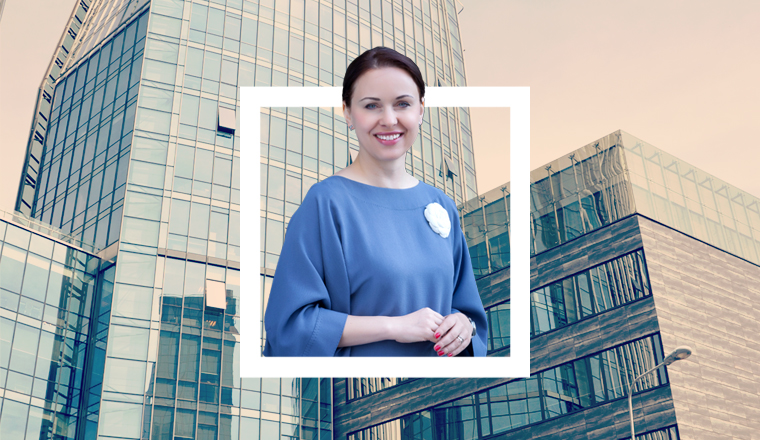Published: March 23, 2015
Arminta Saladžienė, chair of the Lithuanian stock exchange, talks to Tim Burke about efforts to encourage new issuers and investors.
With the country now a eurozone member and expecting the highest rate of economic growth in Central Europe this year, there’s an understandable sense of optimism in corporate Lithuania.
At telecoms company Teo, general manager Kęstutis Šliužas says euro adoption should bring the country “a lot of benefits”. “Greater transparency in the market and lower trade and market entry costs will increase foreign investment and for sure the euro will have a positive effect on exports,” he says.
Saulius Bačauskas, chief financial officer of clothing retailer Apranga Group, was happy to report a 4.5% rise in turnover to €110.9mn for 2014.
“The year was really good, especially taking into consideration the geopolitical situation with the Russia-Ukraine conflict,” he says. “At the beginning of the year we were very scared and afraid that sales could decrease. But the year was more or less the same as budgeted.” Apranga’s monthly turnover rose by almost 8% year-on-year in January 2015 and 13% year-on-year in February.
At Nasdaq OMX Vilnius, the local stock exchange, chairman Arminta Saladžienė (pictured) too is confident. But speaking to EMEA Finance a few days after the country marks the 25th anniversary of the Soviet exit, she’s aware that there is much work to be done to advance the economy and business community in Lithuania.
“We just celebrated 25 years of independence – I think achievements have been remarkable in all fields of our lives,” Saladžienė says. “It takes time when you move from the planned economy into a market economy. Things don’t happen overnight.”
Roads waiting for traffic
Saladžienė heads up the Lithuania exchange as well as Nasdaq OMX Baltic, which brings together the exchanges in Lithuania, Latvia and Estonia. The support of Nasdaq means the exchanges have state-of-the-art systems: “For a relatively small market like Lithuania, it is of course a dream infrastructure,” Saladžienė says. The problem is that


